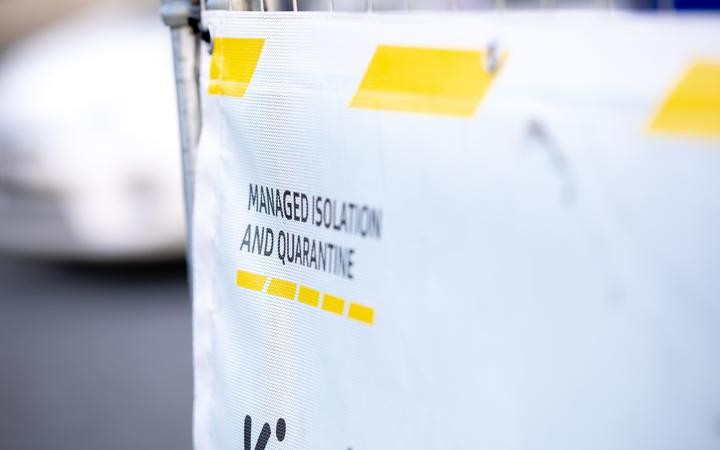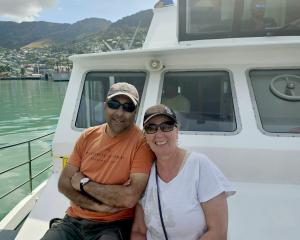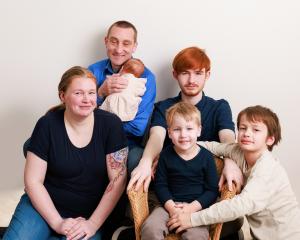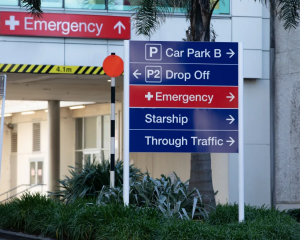
It took another three-and-a-half months, almost 40,000 MIQ stays and seven voucher lotteries before most incoming travellers could enter freely.
At the time the document was signed off, 80 percent of the country's eligible population had been double-vaccinated and the Delta variant of Covid was spreading in the community.
Director of Public Health Dr Caroline McElnay wrote to Director-General of Health Dr Ashley Bloomfield seeking his agreement to an updated Public Health Risk Assessment.
She wanted it to reflect that "the risk posed by international arrivals transmitting Covid-19 is no longer higher than the domestic transmission risk of Covid-19".
McElnay asked Bloomfield if he agreed the risk was no higher, and if so: "Managed Isolation for border returnees would no longer be justified on public health grounds as the 'default' for people travelling to New Zealand," the document said.
Bloomfield did agree, and also agreed to brief Covid-19 Response Minister Chris Hipkins, and start creating a plan for making 'self-isolation' the default requirement for returnees.
The memo noted the Government might need to speed up its plan for a phased easing of border restrictions in the first quarter of 2022.
Yet it was not until March 2, 15 weeks later, before the Government lifted MIQ requirement for inbound travellers.
University of Waikato law professor Al Gillespie said the delay raised serious concerns.
"The Public Health Response Act, one of the requirements is that the responses must be proportionate. And the advice that was given was that it was a disproportionate response to continue MIQ. If that's the case, the Government has to answer why did they continue down this path."
The implications could be vast, he said.
"You've had people who've had their liberty interrupted. You've had people who've paid thousands of dollars being in MIQ. And you've had thousands of people who haven't been able to access MIQ. If the Government cannot show why this was justifiable ... then there may be considerations of compensation."
Neil Protheroe found himself unable to return to New Zealand from France in January, caught amongst the huge demand for MIQ spaces.
He said the ministry's memo added "insult to injury" for thousands of people unable to travel.
"It's salt in the wound of those who've been really badly treated and in some cases, traumatised, by the whole thing."
The ministry initially refused to release the November document, even when it was requested under the Official Information Act, "citing free and frank expression of opinions".
However, it was released after a review by the Ombudsman.
Covid-19 Response Minister Chris Hipkins responded with this statement:
"The advice considered by ministers at the time said that while the public health risk at the border has changed, there still needs to be a considered transition from Managed Isolation as the 'default' setting for most people arriving in New Zealand, to a new approach," he said.
"It also said the public health risk of any changes to the managed isolation settings needed to be considered and managed alongside the implementation of the Covid-19 Protection Framework and Reconnecting NZ. The timing of the border reopening allowed us the chance to get our vaccination and booster rates up and that's had a huge impact on our management of the current Omicron outbreak."
University of Otago (Wellington) epidemiologist Dr Michael Baker agreed with that last comment.
"New Zealand was able to delay entry of Omicron until late January. That was one to two months behind the rest of the world."
MIQ had likely saved at least 10,000 lives, and it had been a fantastic tool for the first year to 18 months of the pandemic, he said.
But the ministry's November document offered little comfort to people like Protheroe.
"The Government should be held to account for that, because they keep telling us that they're making the decisions based on scientific advice. Well, that seems to be very selective," he said.
RNZ has approached the Health Ministry for comment.












